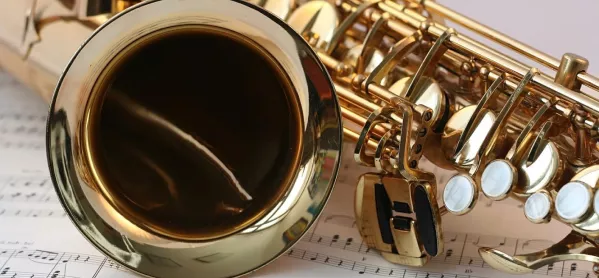Immediate changes will be made to the rules on GCSE, AS and A-level dance and music, after some pupils ended up with no marks last summer because their performances were too short.
Ofqual today confirmed it will allow exam boards to determine how to mark a student’s performance when that performance falls short of the minimum length.
The decision comes after a consultation, which attracted 370 responses.
In 2018, the Ofqual rules for music and dance exams stated that “the only evidence which will be admissible” is a performance or performances of a stated minimum duration.
But while students were expected to select pieces that met the minimum length requirements, some fell slightly short.
“While students should meet the minimum performance times and therefore should be penalised if they do not, in some cases, we think it would be disproportionately severe to prevent students from gaining any marks for the performance at all,” Ofqual stated.
In the consultation, 80 per cent of respondents “strongly agreed” and 14 per cent “agreed” with the proposal to allow discretion in the case of short performances. Teachers also gave examples of how the current rules led to the inclusion of “arbitrary repeats” to hit the minimum time limit.
GCSE music: ‘Ridiculous situation’
One teacher said: “In order to meet the minimum time requirement, teachers and students are adding arbitrary repeats which destroy the integrity of the music.”
One admitted: “We found ourselves in the ridiculous situation of having to rerecord these students, and add an additional chorus of improvisation, in order to meet the time requirement.”
Another pointed out: “Currently it may be that pupils are playing pieces slower in order to go over the minimum time limit, which makes the piece easier to play and almost has the opposite effect to the desired one.”
But some disagreed, saying that the existing rules were clear.
“Students should meet the expectations set in the specification. If a student has decided not to meet the expectations of the task then they should face the consequence. Students being awarded a zero mark has finally made students face some accountability for doing what is required,” one respondent wrote.
Under the new rules, the reference to “the only evidence which will be admissible” will be removed. The rules will now that state that they “require each learner to perform” to the required minimum duration.
GCSE dance rules will also be amended to allow the performance to be of “one or more dances” rather than “a dance”.
The new rules will be in force for this summer’s exams.




